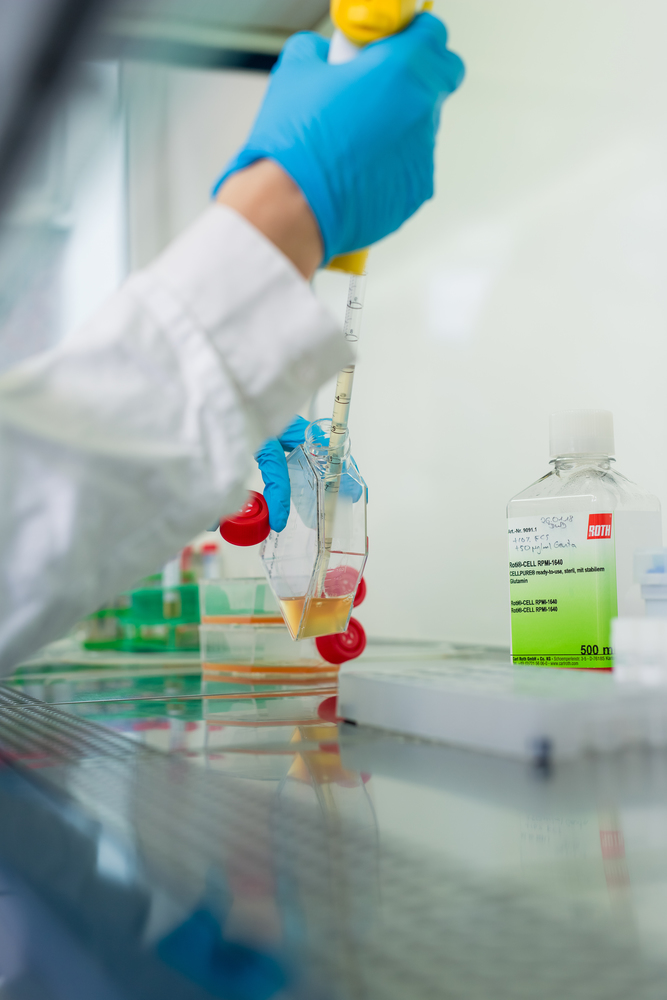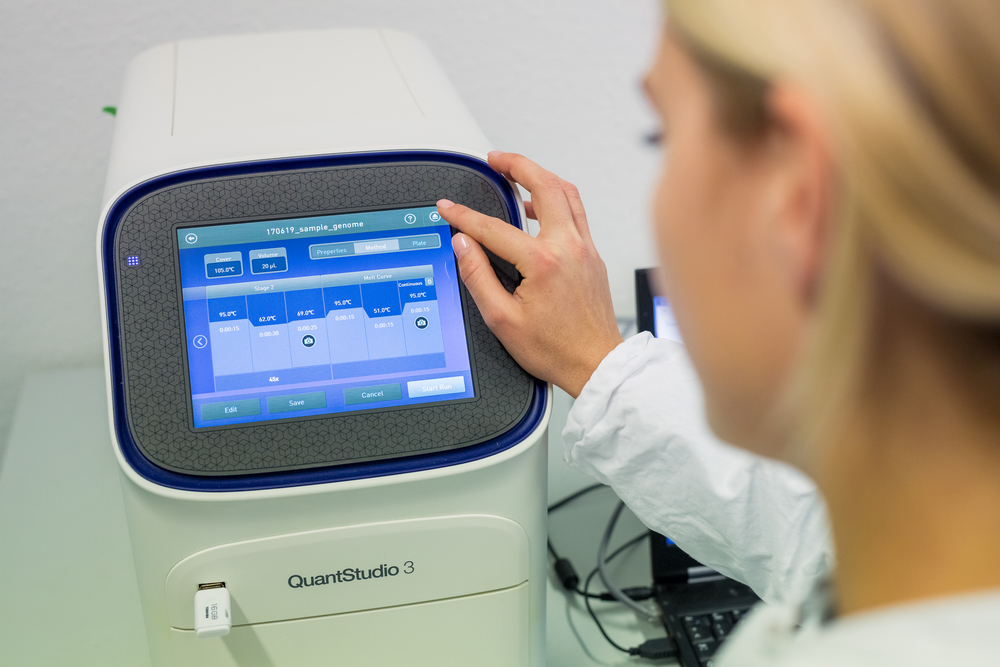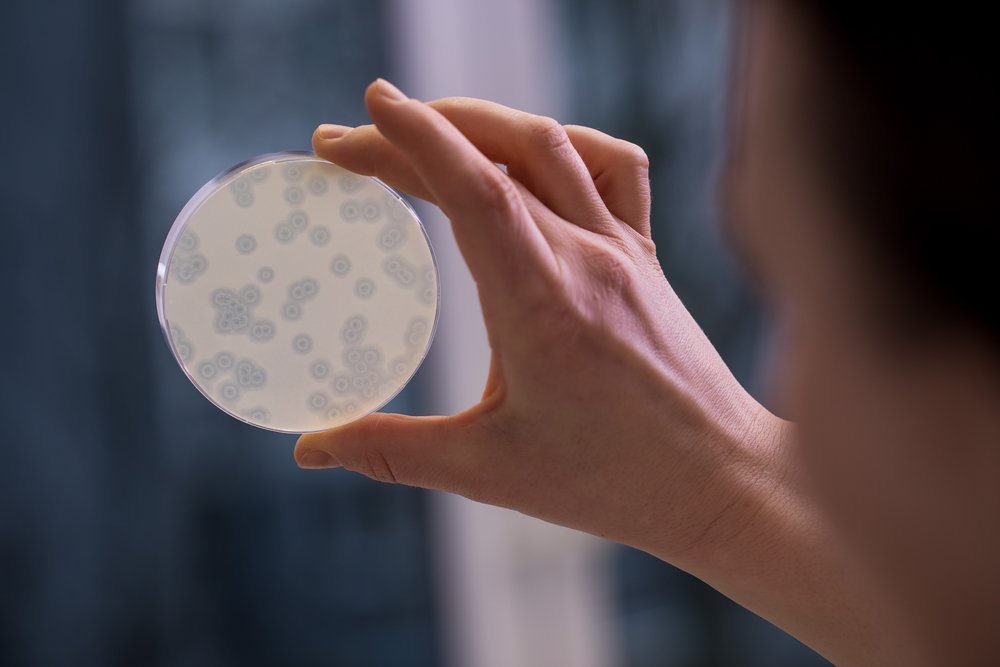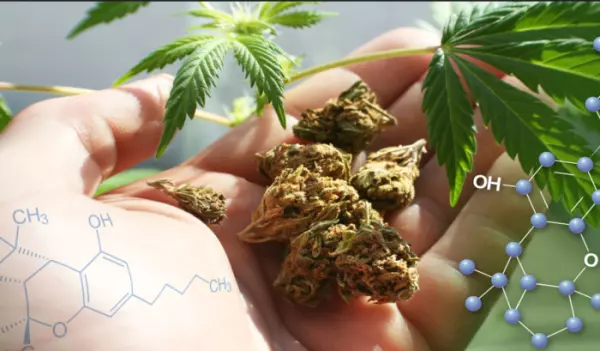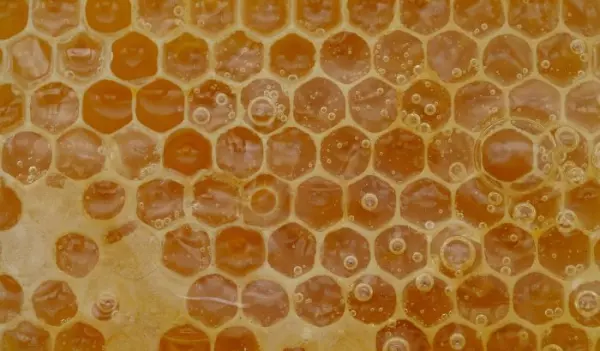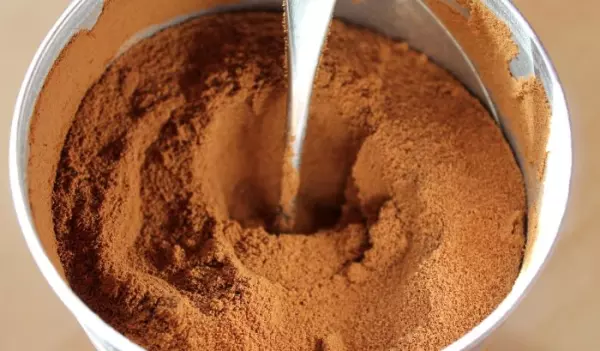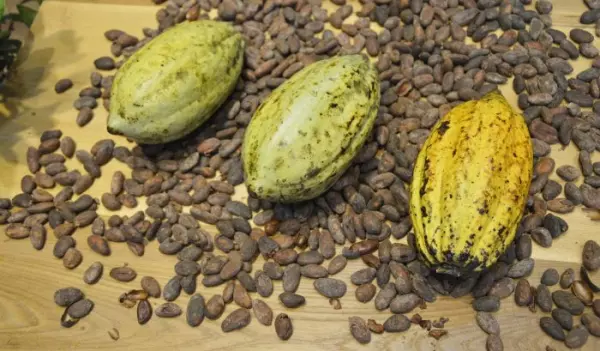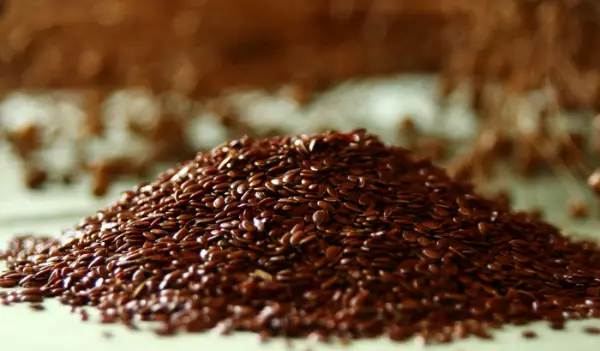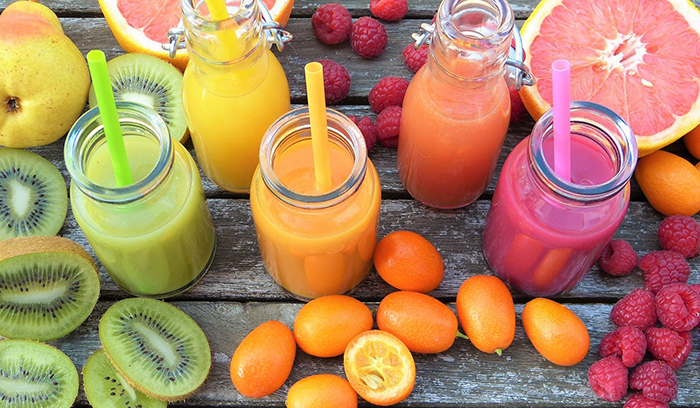
The German Nutrition Society (DGE) recommends consuming at least five servings of fruit and vegetables a day. To keep up with this amount, consumers are increasingly turning to smoothies from supermarkets. This refers to fruit drinks made from fruit and vegetables that are made from whole fruits (mostly without the shell or core). Conveniently taken in the bottle, they are a popular snack on the go.
In a recent test, a total of 25 smoothies were examined. Large differences were found, especially with regard to the sensory properties as well as the chemical quality and the declaration of the ingredients. A total of 18 of the fruit drinks tested were not convincing: they were, among other things, too watery, opaque in the relation of the respective fruit and vegetable proportions or had a cooking taste. During the pasteurization of the raw materials, an unpleasant cooking note can arise, which negatively affects the taste of the smoothie. Heavy metals (lead and cadmium) or pesticide residues, on the other hand, were only found in harmless amounts.
There are currently no food regulations stating that all main ingredients must be listed on the front label for smoothies. Nevertheless, the taste and the ingredients declared on the front should match, as the consumers want. A creamy, but easy-to-drink consistency is also important to them for the perfect mouthfeel.
Convince all along the line with your tasty smoothies. The state-of-the-art Tentamus laboratories support you with the sensory testing of your fruit drinks. The taste, appearance, texture and smell of your products are tested and evaluated using scientific methods. You can also have them tested by us for contamination or residues of pesticides, among other things. In this way you receive an all-round high quality and safe product.
Nicole Schröer
nicole.schroeer@tentamus.com
+49 30 206 038 133
Source: Stiftung Warentest



